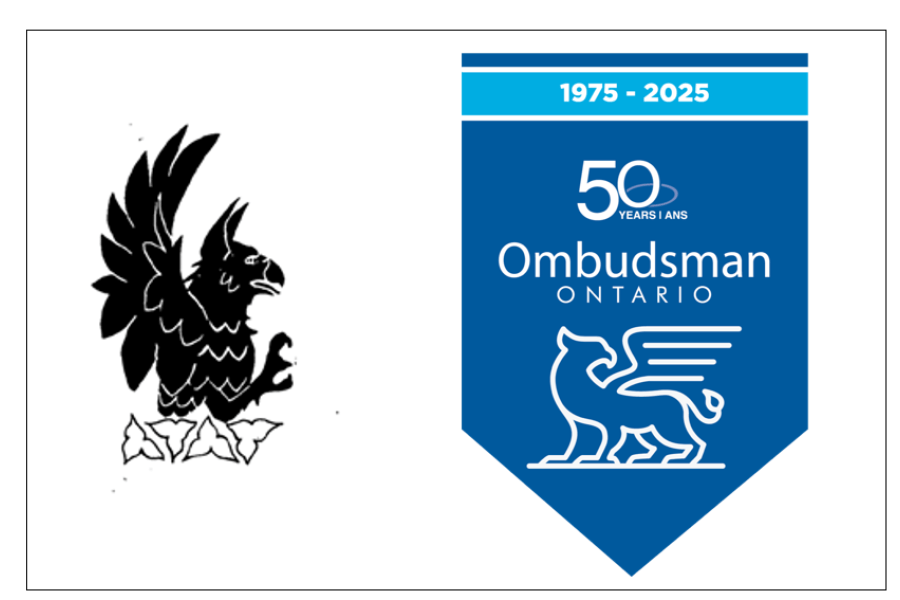Do you have a complaint?
French Language Services Commissioner highlights progress made on language rights in his Annual Report
Carl Bouchard: Our many rigorous interventions have helped improve the availability of French language services for all French speakers in Ontario.

Deploring unacceptable conditions in Neskantaga First Nation
On September 16 and 17, I was invited by Chief Gary Quisess to the community of Neskantaga First Nation, an Ojibwe community located on Attiwapiskat Lake in Northern Ontario, close to 500 kilometres north of Thunder Bay.
It is shocking that in 2025, after decades of promises from federal and provincial governments, Neskantaga First Nation continues to suffer under unacceptable conditions, including boil-water advisories, a lack of education and inadequate access to health care.

Protecting your rights for 50 years
It was 50 years ago, in March 1975, when Ontarians first learned they would soon have an Ombudsman to protect their right to fair treatment by public bodies.
On March 11, 1975, in a Speech from the Throne read by Lieutenant Governor Pauline McGibbon, the government promised to establish a “provincial ombudsman… to ensure the protection of our citizens against arbitrary judgment or practices.”




